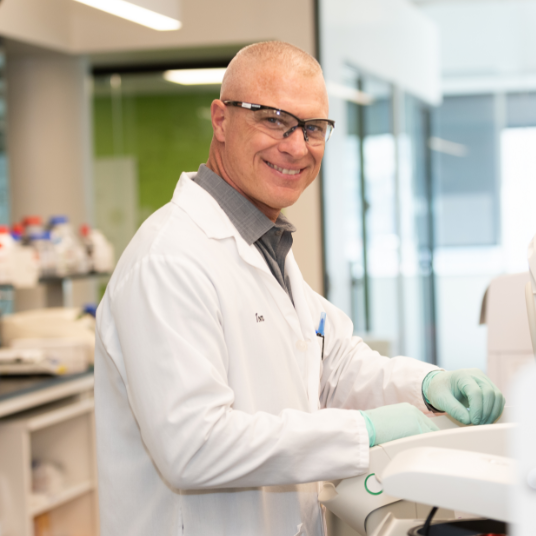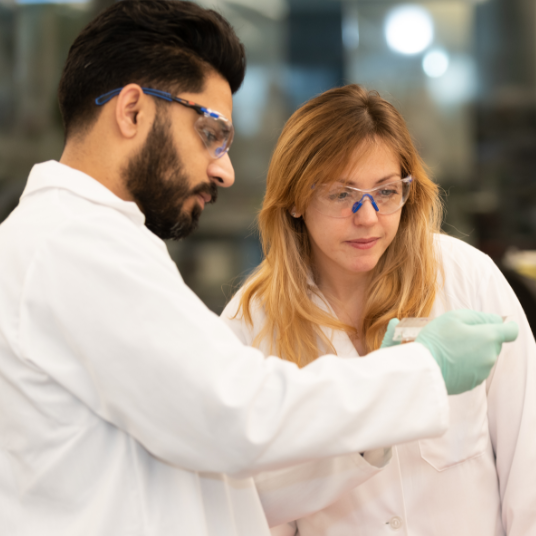Is this study right for me?
Age: 18+ | Genders: Male and Female
Accepts Healthy Volunteers: No
Entry Criteria
The RESOLUTE® clinical trial is recruiting men and women who have LOPD. In order to be considered for the trial, participants must:
- have clinical symptoms of LOPD affecting daily living and have received Enzyme Replacement Therapy (ERT) for at least the past 24 months (2 years)
- agree to use reliable birth control
- not have any liver disease
- have not recieved any gene therapy before
This is not a complete list of requirements to be considered for participation in the RESOLUTE® clinical trial. For more details, please speak with your physician, visit ClinicalTrials.gov, or contact us at RESOLUTE@sparktx.com.


